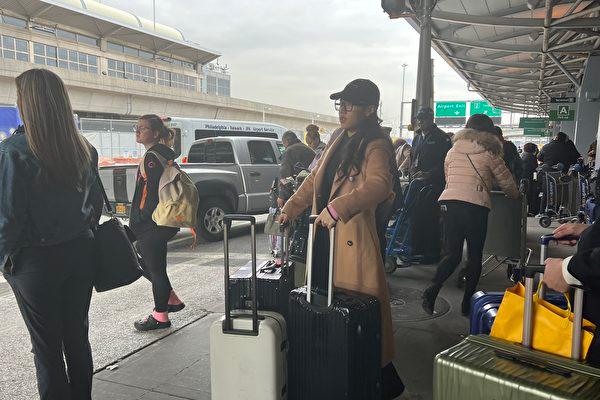The Netherlands is citing possible security risks as it ponders legislation that would see screening of international students who intend to pursue doctoral studies in technical professions, a spokesperson for the Education Ministry announced on Monday.
The move is the most recent step taken by the Dutch government to hinder Chinese entities and students from accessing Dutch technology.




